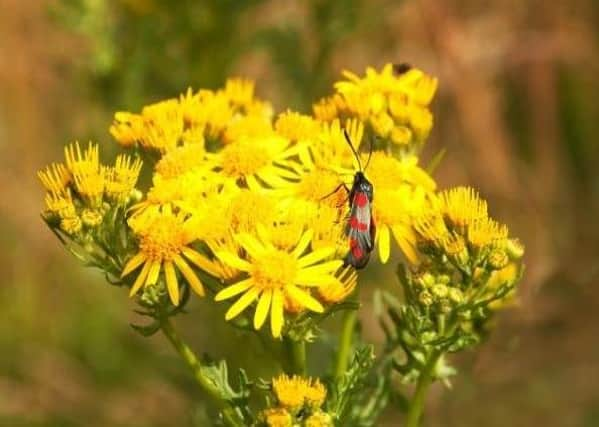Warning sounded about danger ragwort poses to grazing animals


Ragwort, a very distinctive yellow flower, can be seen at the moment on many areas of land and verges in the area.
And it has the potential poison animals and kills them if they ingest it while grazing.
Advertisement
Hide AdAdvertisement
Hide AdLivestock farmers, in particular, are being urged by the National Farmers’ Union (NFU) to ensure they do not allow ragwort to proliferate on their land.


Stephen Jeal, NFU Secretary for Melton Mowbray, said: “I would encourage all farmers, landowners and the equine fraternity, if it is safe to do so, to at least try to minimise the numbers of plants by carefully ‘pulling and bagging’ before they seed and using gloves to do so.
“One plant can produce many hundreds of seeds.”
Ragwort poses a real risk to animal health, with potentially fatal consequences, if it is ingested by horses or livestock, either in its green or dried state.
Left unchecked, the problem is likely to become worse, as growth acts as a reservoir for seeds and spread.
Advertisement
Hide AdAdvertisement
Hide AdGrazing land should be regularly inspected when animals are present, the NFU advise, and the plant should be pulled, removed and disposed of responsibly.
Ragwort is a toxic plant and suitable precautions must be taken when handling live and dead plants.
Hands must be protected and arms and legs should also be covered.
Cut and pulled flowering ragwort plants may still set seed and ragwort has a 70 per cent seed germination rate.
Advertisement
Hide AdAdvertisement
Hide AdIt is not an offence or landowners and farmers to have weeds growing on land and species such as ragwort have significant conservation benefits.
However, the NFU warns, ragwort must not be allowed to spread to agricultural land, particularly grazing areas or land which is used to produce conserved forage.